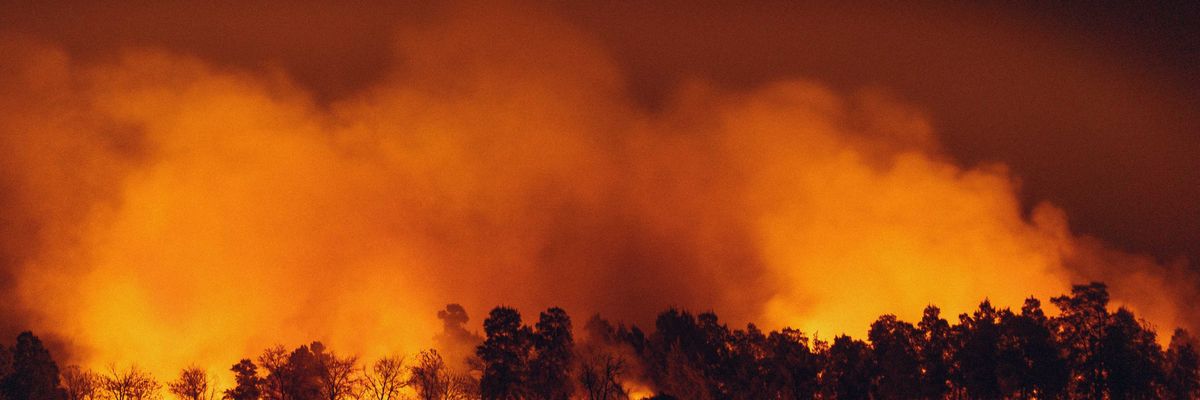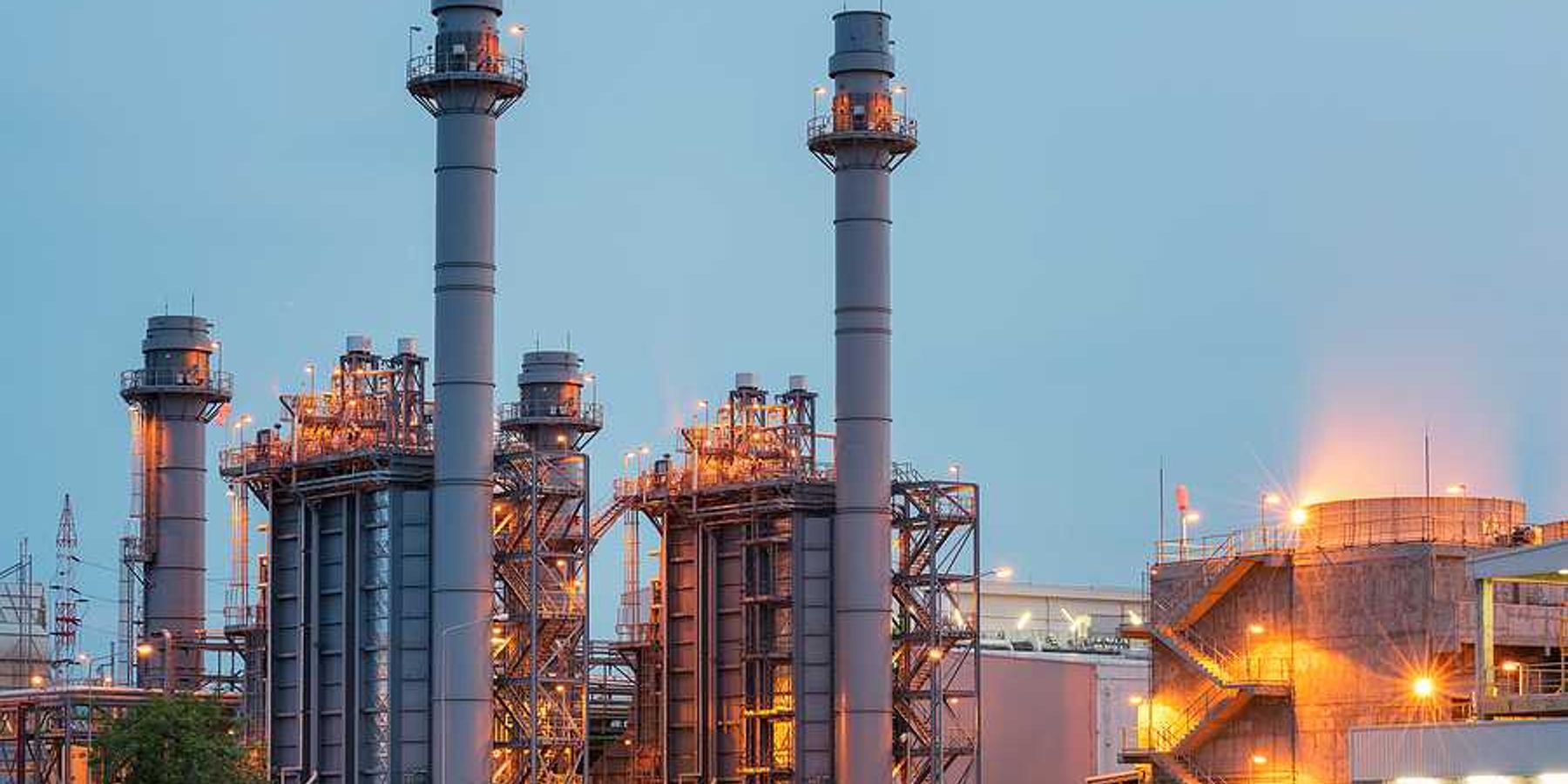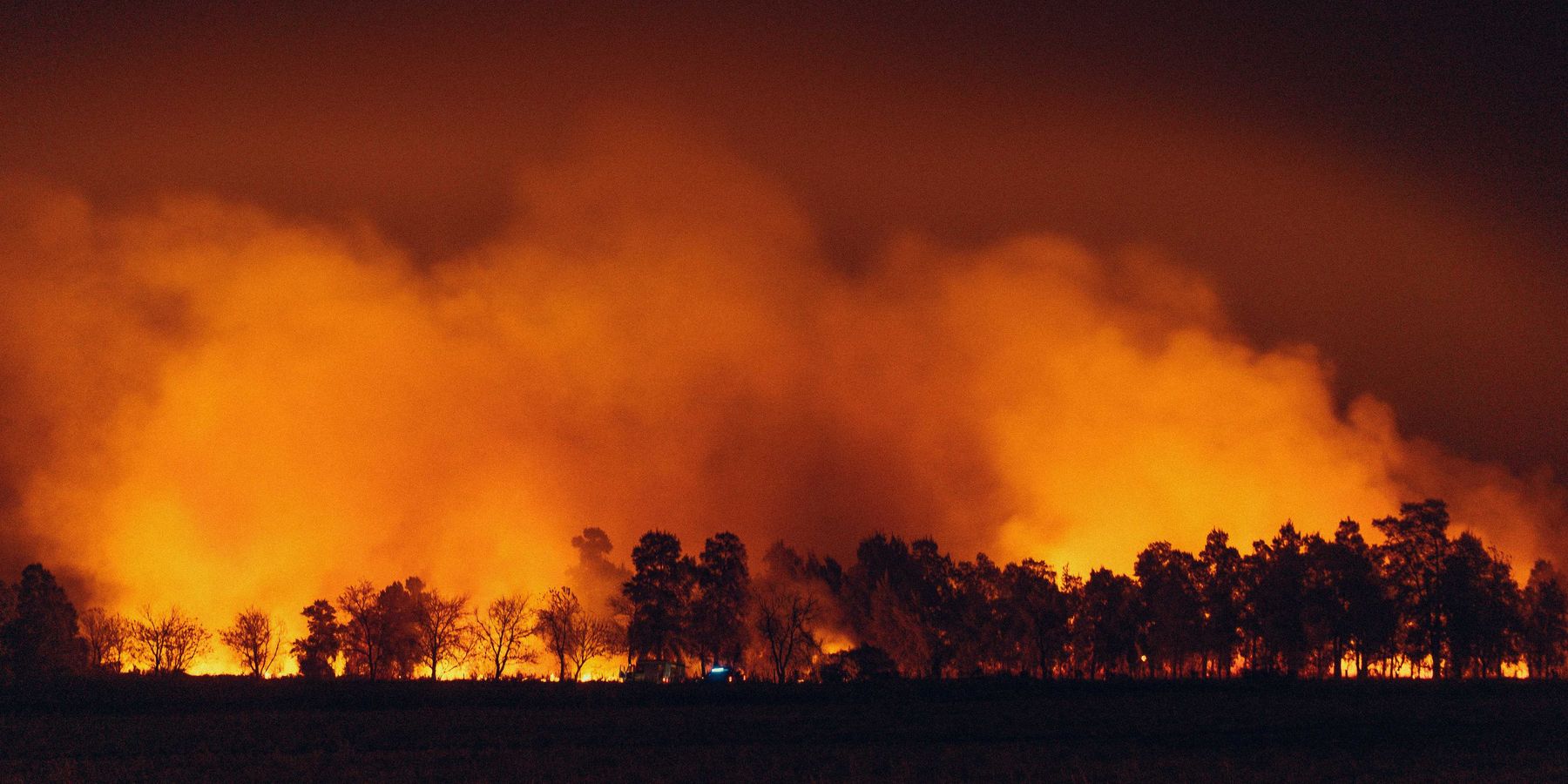burn
Wildfires in California burn fiercely through the night
Climate change is intensifying nighttime wildfires in California, making them larger and harder to control, as observed over the recent July 4 weekend.
In short:
- Wildfires in California are growing and spreading overnight due to climate change, challenging firefighting efforts.
- Overnight fires, now more frequent, expand rapidly and give firefighters less time to intervene.
- Continuous nighttime burning is linked to extreme weather conditions, including heat waves and droughts.
Key quote:
“Night won’t save us. With climate change, we will see more and more overnight burning.”
— Kaiwei Luo, doctoral student in environmental sciences at the University of Alberta.
Why this matters:
Nighttime fires present unique challenges for firefighters. The cooler temperatures and higher humidity that typically help to suppress fires overnight are no longer as reliable. Instead, hotter nights and drier conditions allow fires to spread rapidly and unpredictably, endangering communities and natural habitats.
Related EHN coverage:
As U.S. insurers stop covering prescribed burns, states and communities step up
Prescribed fires are a positive land management method, but when the flames occasionally escape control, the resulting damage to land and private property also hurts this conservation tool’s reputation.
Why US scientists have renamed summer 'danger season'
Climate change: Storm clouds gather after COP26
2021 was a momentous year for climate change. As well as a host of extreme, destructive events influenced by rising temperatures, the past 12 months have seen unprecedented political engagement on the issue, culminating in the COP26 summit in Glasgow in November.









